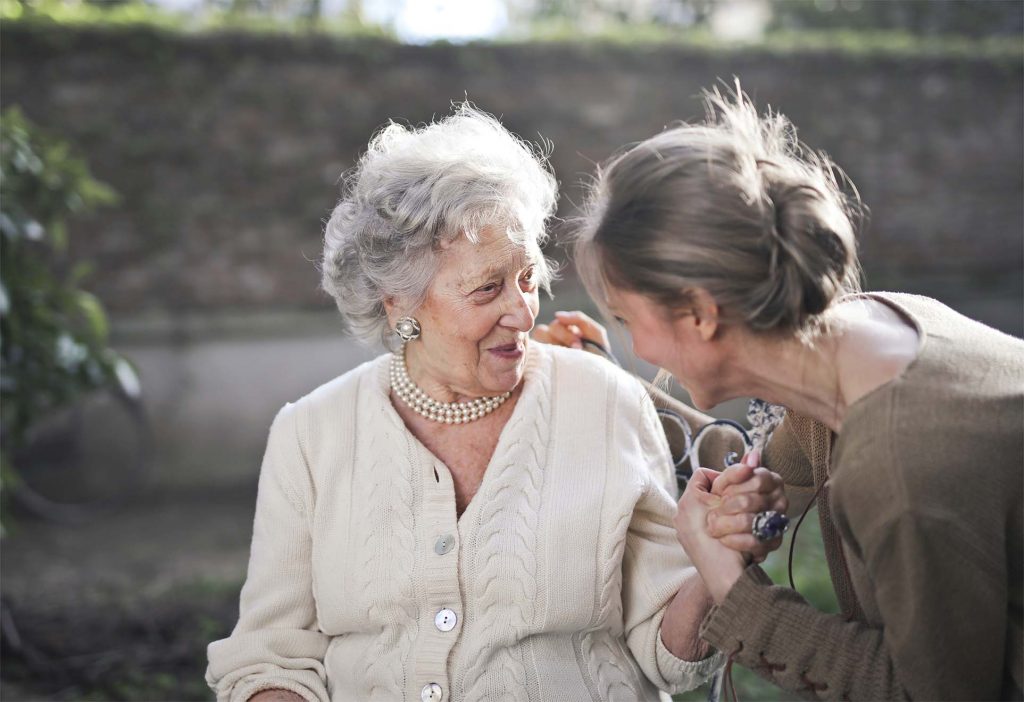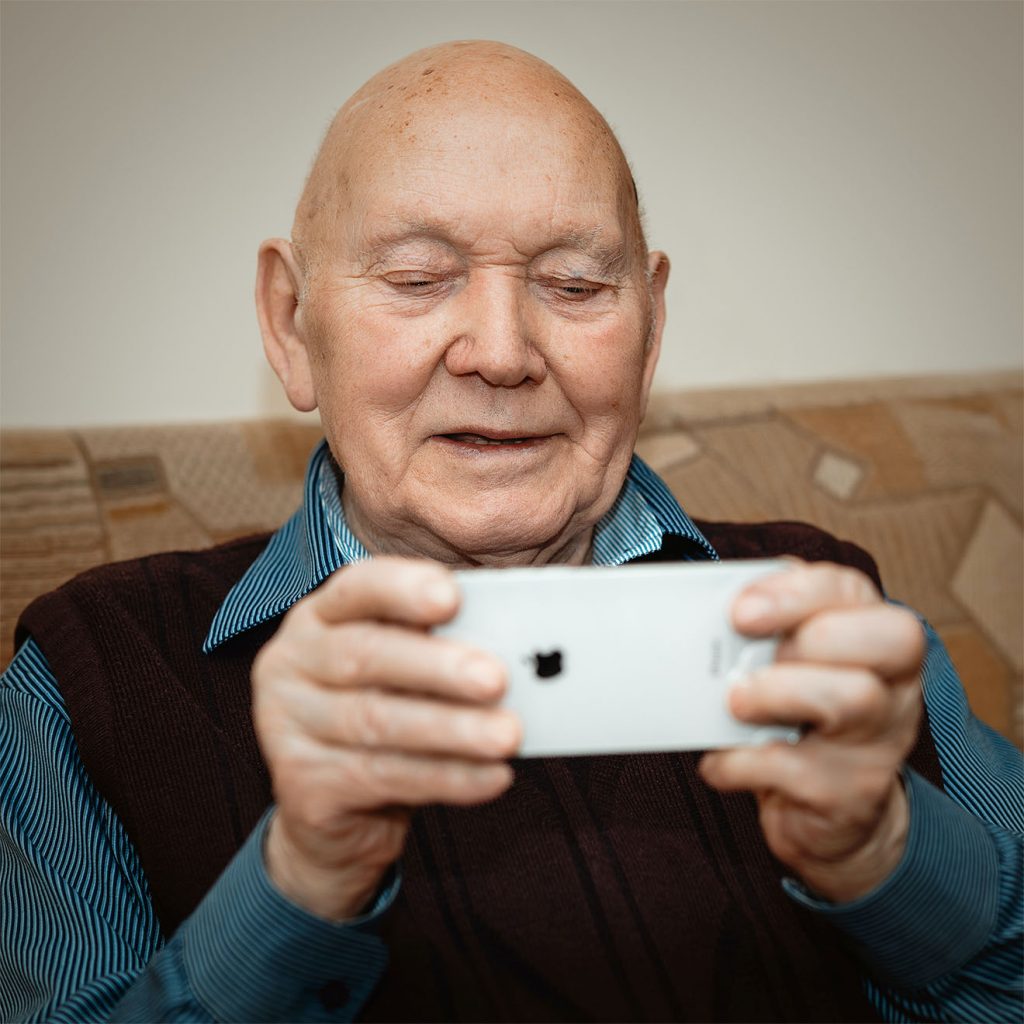What is Person-Centred Care and Why is It Important?

Imagine living in a place where your choices truly matter. Your daily routine, preferences, and values actually shape the care you receive. That’s the essence of person-centred care. Instead of a rigid, one-size-fits-all approach, this method will make sure that individuals in care homes have control over their own health and well-being. It fosters independence, dignity, and happiness by tailoring support to each person’s unique needs.
The Benefits of Person-Centred Care
Person-centred care is widely recognised as a key component of high-quality support. It offers several advantages for residents:
Flexibility – Care plans are designed around individual needs rather than standard procedures, ensuring a personalised experience.
Empowerment – Residents are actively involved in all decisions about their own care, fostering a sense of responsibility and engagement.
Independence – By receiving person-centred support, individuals remain as self-sufficient as possible, reducing reliance on healthcare services.
Health and Wellbeing Outcomes – A personalised care approach leads to improved physical health, mental health, and emotional support, making residents feel more valued and secure.
Quality of Life – When care is aligned with personal preferences, it enhances daily experiences, promoting confidence and reducing anxiety.
Why Is Person-Centred Care Important?
Person-centred care is essential for delivering high-quality care in a way that prioritises individual dignity and respect. It ensures that care providers focus on a person's well-being rather than just their medical needs. A personalised approach leads to better health outcomes, higher satisfaction levels, and a stronger sense of autonomy for service users. By providing emotional support and treatment plans, care providers can significantly enhance patient experience.


The Key Values of Person-Centred Care
Person-centred care is guided by essential principles that shape the way support is delivered:
Individuality – Recognising that every resident has their own identity, beliefs, and preferences.
Choice – Ensuring residents have the information they need to make informed decisions about their care.
Independence – Encouraging residents to do as much as possible for themselves, with the right support in place.
Dignity – Providing care in a respectful and compassionate manner, acknowledging personal values.
Respect – Valuing each resident’s feelings, opinions, and perspectives.
Rights – Everyone will be assured with the rights set in the The Human Rights Act 1998. Including upholding legal and ethical rights, ensuring safety and fairness in care.
Privacy – Allowing residents the space and confidentiality they need, especially regarding personal care.
Partnership – Involving family and loved ones in the care planning process, fostering trust and collaboration.
How Person-Centred Care Works in Practice
A person-centred care approach ensures that residents are at the heart of their own care planning. This includes:
Empowering individuals to identify their strengths and make decisions about their own health.
Personalised care plans written in the first person to reflect their wishes.
Ensuring support is tailored to individual needs rather than dictated by service structures.
Giving residents full control over their care choices.
For example, a resident may prefer to use a walking frame instead of a wheelchair, or they may choose to wake up at a specific time that suits them best. These small yet significant choices contribute to an overall sense of well-being and independence. A collaborative approach between care staff, service users, and local authorities ensures treatment options are aligned with people's preferences.



Real-Life Examples of Person-Centred Care
Ensuring people have access to the care they need, where and when they need it.
Providing tools to assist with daily tasks, such as grab rails in bathrooms or adaptive utensils for mealtimes.
Allowing residents to choose when they go to bed, rather than sticking to a set schedule.Giving people the freedom to select their meals instead of having a fixed menu.
Involving friends and family in emotional support and decision-making.
Ensuring information is accessible so residents can make informed choices about their care and treatment options.
Collaborating with residents instead of making decisions for them.
Person-Centred Care Principles
The Health Foundation has identified four key principles that underpin person-centred care:
Dignity, Compassion & Respect – Care should always be delivered with kindness, acknowledging the individuality of each person.
Coordinated Care & Support – All aspects of care should be well-organised and communicated between staff, ensuring seamless service.
Personalised Support & Treatment – Every care plan should reflect the specific needs, wishes, and preferences of the resident.
Encouraging Independence – Empowering residents to take an active role in their care, helping them maintain control and confidence.
These principles align with a training framework that equips care providers with transferable behaviours essential for delivering person-centred care.
Person-Centred Care at St Margarets Care Home
Located in Edinburgh, St Margarets Care Home is committed to providing exceptional, person-centred care including Residential Care, Nursing Care, Dementia Care, and Respite Care. Our dedicated team of care professionals ensures that every resident receives support tailored to their needs, helping them lead fulfilling lives with dignity and independence.
We take pride in offering a home-from-home atmosphere, where personal preferences are respected, and residents feel valued and supported. Whether through personalised care plans, engaging activities, or simply a listening ear, our approach is always focused on the individual.
If you’d like to learn more about the care we provide at St Margarets, our team is always happy to help. Get in touch with us today to find out how we can support you or your loved one.






